Discover
CeMIS


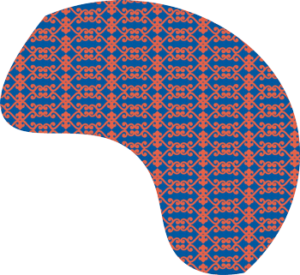
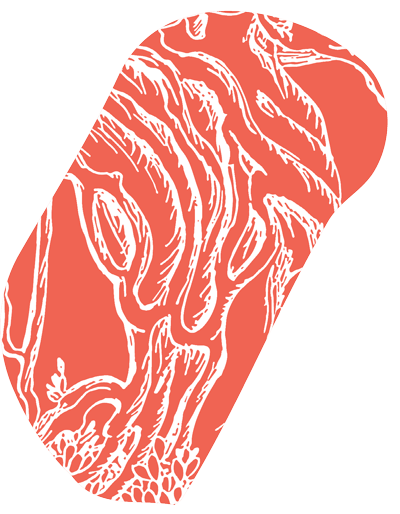


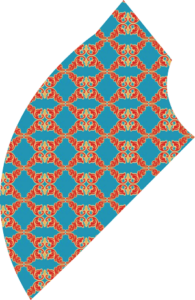




Discover CeMIS

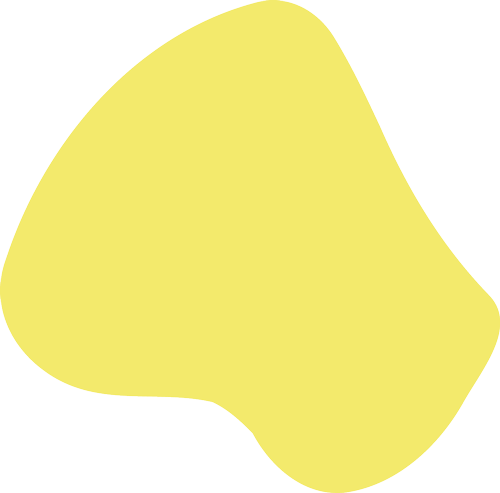



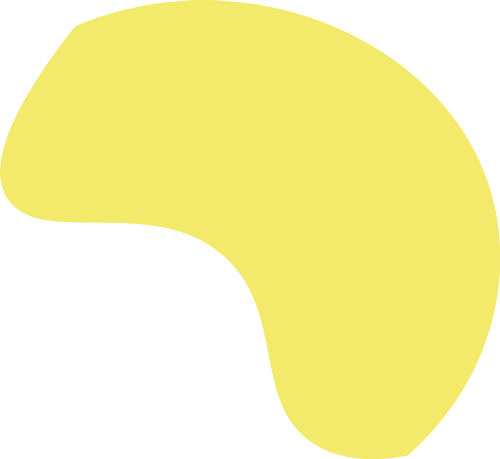
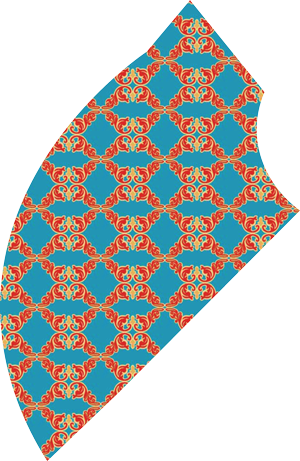
CeMIS in 3 words
sections
About CeMIS
Student life at CeMIS
About CeMIS
About CeMIS
The Vision Behind CEMIS
At the Centre for Modern Indian Studies (CeMIS) we dedicate ourselves to research and education in the fields of economics, politics and culture as they pertain to modern India.
Established in 2010, CeMIS is a young centre offering an interdisciplinary academic space for international scientists whose research centers collaborative practice. Watch the video to hear more about the founding, current status and future plans of CeMIS.
About CeMis
Why we chose cemis
There are so many universities and quite a few places to study Modern India – so why CeMIS? What sets the CeMIS study program, centre, and teaching staff apart? Hear our students share what they like about our study program.
Interested? Get in touch with Michael Dickhardt via E-Mail
Student life at CeMIS
Student life
Leisure Time in Göttingen
Göttingen offers all the advantages of a typical German university town. In addition to being small, safe, and green, it is absolutely bikeable, boasts a buzzing student life with cafés, bars and cinemas, fosters vibrant cultural and political life, and has great sports facilities. Follow Rohit around town to get an impression of what student life looks like beyond the university.
About CeMis
Interesse am BA-Studium?
Hast Du Lust, aktuelle Fragen und Probleme mal nicht aus der Perspektive des Globalen Nordens zu betrachten? Interessierst Du Dich dafür, wie sich Armut und Ungleichheit, populistische Bewegungen, Migration oder die Arbeitsverhältnisse im Kapitalismus darstellen, wenn Du sie aus indischer Perspektive betrachtest? Oder interessiert Du Dich für Indien, weil Du dort gereist bist und / oder ein Weltwärts Jahr verbracht hast? Dann bist Du in unserem BA-Studiengang “Moderne Indienstudien” genau richtig! Drei unserer BA-Studierenden erzählen, wie es ist, “Moderne Indienstudien” im Zwei-Fächer-BA zu studieren.
Interessiert? Dann melde dich bei uns!
Student life
Living in Göttingen
It’s great to be out and about, attend classes, meet fellow students in pubs and cafés, and travel beyond the city limits of Göttingen… but you will always return home. What might home look like? How do CeMIS students live? In Germany, a comparably small number of students live in university housing, while the majority live in private housing market accommodation. Some people say that the “Wohngemeinschaft” – or WG – , the shared flat, is the ultimate German study experience. Meet our students in their homes and learn how to find a room.
student life
FUNDING LINE “CREATIVITY & STUDIES”
Göttingen University offers brilliant opportunities for students interested in pursuing their own research projects while still studying. The competitive “Creativity & Studies” funding line grants up to 5.000€ for student research projects. The proposal has to be submitted with a work plan and a budget, thus making sure that students actually develop their ideas into manageable projects. CeMIS is proud that since 2017, more than twelve CeMIS students – or small groups of CeMIS students – have been successful with their applications. Past topics have included transgender pentecostal congregations in Chennai, women’s student activism at Indian universities, bloggers in Bangladesh, and the ‘invisible waste economy’ in Göttingen and Kolkata. Watch the video below to learn more about one of the unique and very different student research projects.
Other projects
that gained support by the AKB-trust
A visual ethnographic project on Indian General Election 2019
Film, 2019
Rahul Maganti
Rahul’s project explored the election campaigns of major political parties in the south Indian state of Andhra Pradesh. Rahul documented the old and traditional forms of election campaigns run by the party cadre while trying to understand the new and emerging forms of election campaigning and strategies being handled by professionally paid political consultancies.
Weathering the Storm: An Inquiry into the Experiences of Marginalized Communities during the Kerala Floods of 2018 and 2019
Fieldwork, 2019
Sanjana Rajasekar and Johan Oommen Muzhangody
Sanjana’s and Johan’s project explored how socially disadvantaged groups experienced the Kerala floods in 2018 and 2019. Conducting fieldwork in the two most affected districts revealed that women and lower caste groups bear the brunt of floods much more severely. They get relatively inadequate access to relief material, insufficient funds to rebuild their lives, poor infrastructure during the floods and often experience harassment at the hands of the privileged. The project highlights the need for a more sensitive, inclusive and intersectional approach to post-disaster policymaking. In particular, efforts need to be channeled towards post-flood livelihood creation and long-term measures such as safe shelters.
Further successful CeMIS-projects that were realized with the support of the AKB-trust
Md. Iftekarul Huque
Summer 2020
A visual ethnographic project on access to female education in the Rohingya refugee
Rohit Kumar Mishra and Suparna Chakraborty
Winter 2019/20
An Ethnographic Enquiry into the Citizenship Status of Bangladeshi Migrants in West Bengal, India
Gobinda Bhadra
Winter 2019/20
The ‘invisible waste economy’: Understanding the everyday routines of work and the subjective experiences of ‘waste collectors’ in two cities
Murali Aarthi
Winter 2019/20
Women Activism, Politics and Bureaucracy in Tamil Nadu: Studying Representation and Discrimination
Mimansa Bhardwaj and Apurva Sudharak Olwe
Winter 2019/20
Revisioning Empowerment: A visual ethnography of women’s participation in student politics and protests
Shafiul Aziz Joy
Summer 2019
Alternative Media and Freedom of Expression in Bangladesh: Bloggers, Writers and Question of Religious Tolerance
Johan Oommen Muzhangody, Sanjana Rajasekar
Summer 2019
Weathering the Storm: An Inquiry into the Difficulties faced by Socially Disadvantaged Groups during and after the Kerala Floods in 2018
Prakash Raju
Winter 2018/19
Third Gender (Aravani/Thirunangai/Ali) Pentecostal Christians in North Chennai: An Enquiry into Religious Identity
Rahul Maganti
Winter 2018/19
A visual ethnographic project on Indian General Election – 2019
Ziyu Chen
Winter 2017/18
Migrant students from Northeast India in the universities of New Delhi
